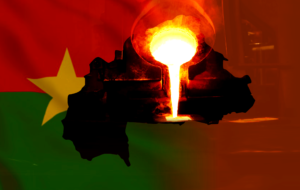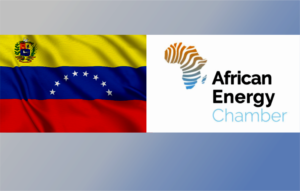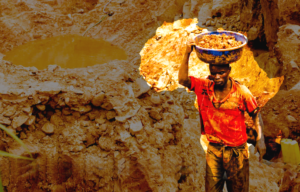Count-Down to the 30th UN Climate Change Conference (COP30): Africa’s Battle for Climate Change Financing and the AfDB’s Bold Experiment
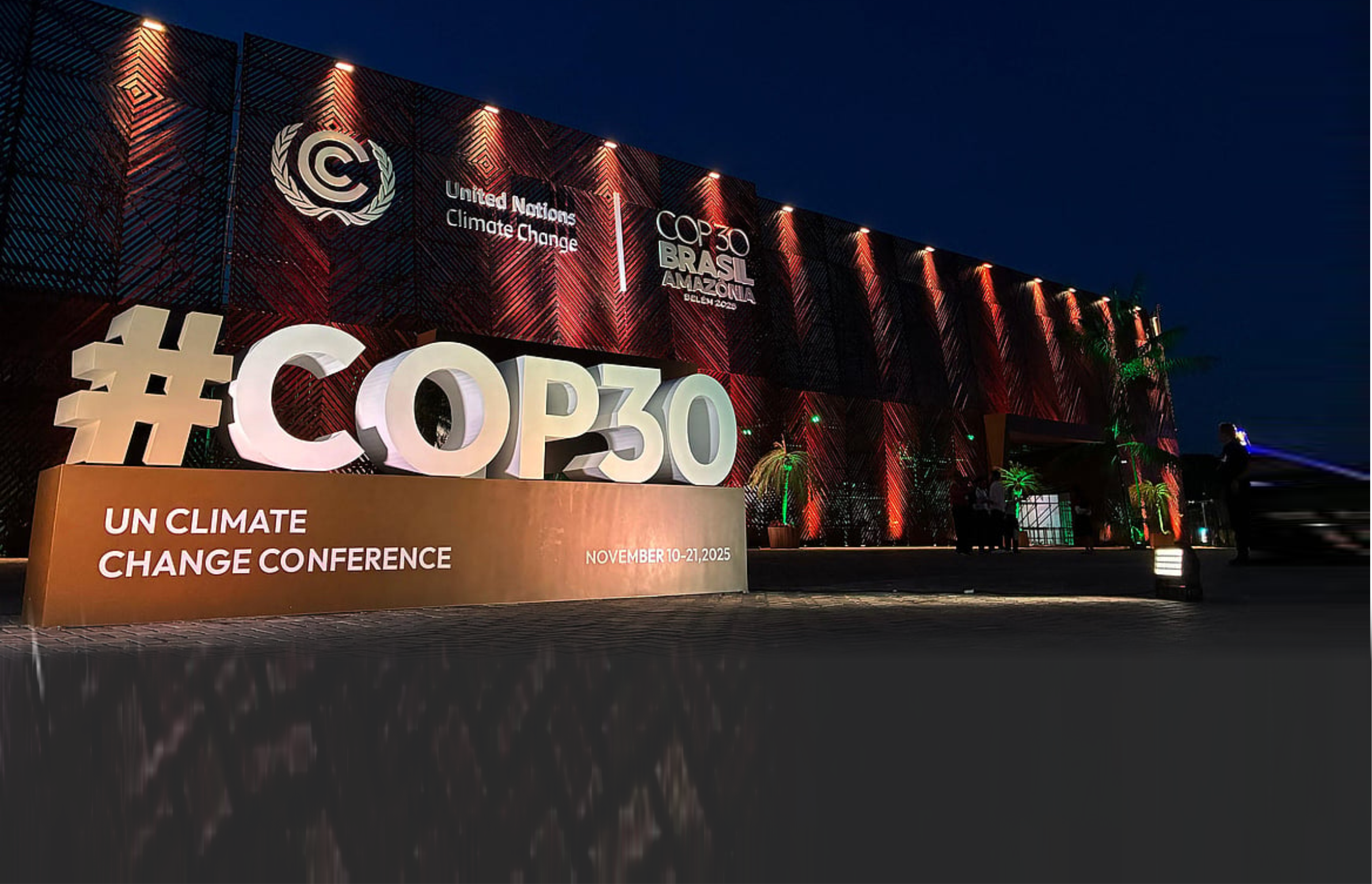
As the world looks toward Belém, Brazil, where the 30th United Nations Climate Change Conference (COP30) will convene in November, Africa’s struggle for climate justice is gaining sharper focus. The continent, home to eight of the ten countries most affected by climate change, remains on the frontlines of a crisis it did little to cause. Yet, it receives less than 3 percent of global climate finance.
The African Development Bank Group (AfDB), the continent’s premier development finance institution, is stepping into this gap with a new generation of financial instruments aimed at turning ambition into action. Its mission: to help African nations fund the costly but urgent journey toward resilience and low-carbon growth.
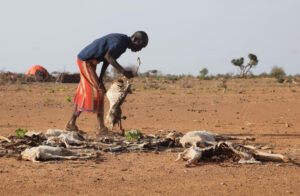
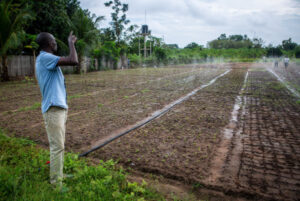
Climate change in Africa is not an abstract debate. It is lived daily by farmers like Dorcas Tshabu in the Democratic Republic of Congo, who turned a barren savanna into a thriving forest with AfDB support through the Climate Investment Fund (CIF). “This used to be savanna everywhere. Now it’s a forest – my own work” – she says proudly.
In respect Families like Dorcas’s, these projects are more than environmental victories. They are a defense against hunger, displacement and despair. Droughts and floods have already upended millions of livelihoods, forcing climate migration that strains both rural and urban communities.
Through the Sustainable Energy Fund for Africa (SEFA), the Bank is also redefining what green growth looks like. Its investment in Zambia’s 32-megawatt Ilute Solar Project shows how public funds can unlock private capital, bringing renewable energy to communities long dependent on unreliable grids. Much more than kilowatts, such projects power schools, clinics and small businesses as the everyday engines of social stability.
Meanwhile, the Africa Climate Change Fund (ACCF) is channeling support directly to community-led projects. In Djibouti, Assia Obakar Hassan, a mother from the rural north, now feeds her children from the once-arid land. “Before, farming was an impossible dream. Today, I feed my children, thanks to the land” – she says. Millions like her see and believe that adaptation goes past global policy to survival and dignity.
![]()
Africa’s climate story is also a story of innovation. The African Circular Economy Fund (ACEF), launched in 2022, is financing creative entrepreneurs who are redefining waste and production. In Rwanda, young founders Tresor Gashonga and Rafiki Gatsinzi of Incuti Foods are turning surplus chilies into sauces sold in Kigali’s trendy bars, proof that green growth can be both profitable and culturally vibrant.
Their success underscores a generational shift: young Africans are blending sustainability with style, linking traditional agriculture to urban consumer trends. This cultural and business synergy hints at a new development model. A unique phase that is self-driven, inclusive and distinctly African.
The Climate Action Window (CAW), launched in 2022, symbolizes the Bank’s determination to translate political will into capital flow. With a $429 million starting fund, it aims to mobilize $4 billion by the end of 2025. Recent approvals include over $31 million for projects in Sierra Leone, South Sudan, Djibouti and Madagascar, which is expected to cut 720,000 tonnes of CO₂ and create 180,000 jobs.
But behind these numbers lies a deeper political question: will the global financial system finally recognize Africa’s climate losses as a shared responsibility? As the continent loses up to 15 percent of its GDP to climate impacts, the demand for fairer climate finance has become a moral and geopolitical flashpoint.
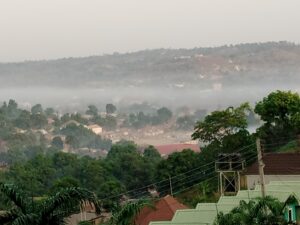
Beyond COP30, is a continental reckoning: with regards to the African Development Bank, the road to COP30 is more than pledges. It is about proving that finance can be reimagined as a tool of empowerment. Anthony Nyong, Director of Climate Change and Green Growth at the Bank, expressed it in his words – “These initiatives will not only respond to climate change; they will empower communities to take control of their future”.
As leaders, financiers and activists gather in Belém, the African message will be clear: adaptation is essentially investment in global stability, not charity. Climate justice for Africa means justice for families, for cultures under strain and for economies on the brink. And perhaps, for the first time, the world is beginning to pay attention.


